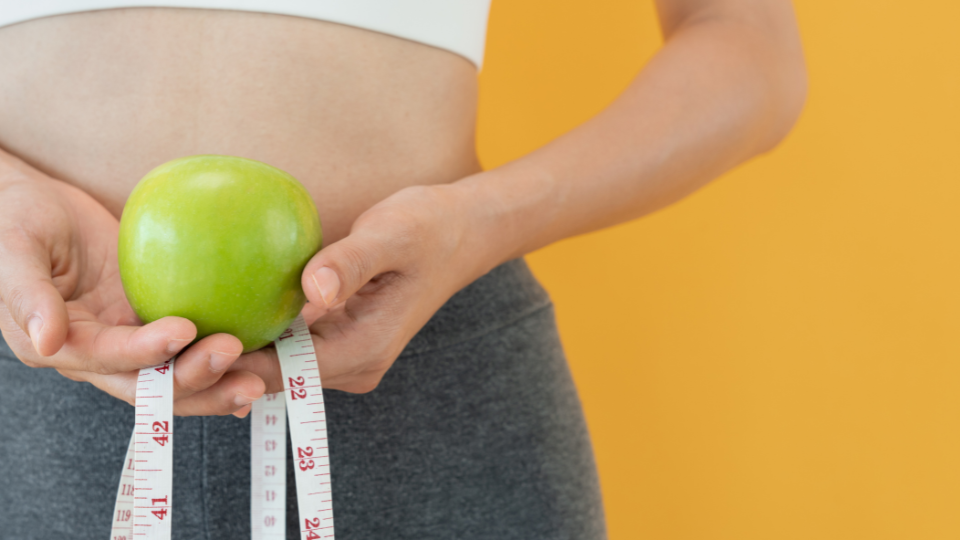10 Essential Vitamins for Women
What Are Essential Vitamins?
Vitamins are organic compounds crucial for various bodily functions, from energy production to immune support. Women have unique nutritional needs that change throughout different life stages, making certain vitamins more essential to maintain overall health and well-being.
Why Are These Vitamins Essential for Women?
Women face specific health challenges such as menstruation, pregnancy, menopause, and a higher risk of osteoporosis and iron deficiency. These life stages and conditions increase the demand for certain vitamins, which help in hormone regulation, bone health, and overall vitality. Ensuring adequate intake of these essential vitamins can help manage and prevent these health concerns.
10 Essential Vitamins for Women
-
Vitamin D
- Why It’s Important: Supports calcium absorption for bone health and helps regulate the immune system.
- How to Get It: Sun exposure, fortified foods, fatty fish, and supplements.
-
Vitamin B12
- Why It’s Important: Vital for red blood cell production, energy metabolism, and neurological function.
- How to Get It: Meat, fish, dairy, eggs, and fortified cereals.
-
Folate (Vitamin B9)
- Why It’s Important: Crucial for DNA synthesis, cell division, and during pregnancy, helps prevent neural tube defects in the fetus.
- How to Get It: Leafy greens, legumes, citrus fruits, and fortified foods.
-
Vitamin C
- Why It’s Important: Antioxidant that aids in collagen production, boosts the immune system, and enhances iron absorption.
- How to Get It: Citrus fruits, strawberries, bell peppers, and broccoli.
-
Vitamin E
- Why It’s Important: Powerful antioxidant that helps protect cells from oxidative stress and supports skin health.
- How to Get It: Nuts, seeds, spinach, and sunflower oil.
-
Vitamin K
- Why It’s Important: Essential for blood clotting and bone metabolism.
- How to Get It: Leafy greens, broccoli, Brussels sprouts, and fermented foods.
-
Vitamin A
- Why It’s Important: Supports vision, immune function, and skin health.
- How to Get It: Carrots, sweet potatoes, liver, and dairy products.
-
Biotin (Vitamin B7)
- Why It’s Important: Plays a role in carbohydrate, fat, and protein metabolism, and supports healthy hair, skin, and nails.
- How to Get It: Eggs, nuts, whole grains, and bananas.
-
Choline
- Why It’s Important: Supports liver function, brain development, and nerve function, and is particularly important during pregnancy.
- How to Get It: Eggs, fish, chicken, and soybeans.
-
Vitamin B6
- Why It’s Important: Involved in over 100 enzyme reactions in the body, including neurotransmitter production and hemoglobin formation.
- How to Get It: Poultry, fish, potatoes, and bananas.
Keep in Mind
While vitamins are essential for good health, balance is key. It’s best to get vitamins from a diverse and balanced diet rich in fruits, vegetables, whole grains, and lean proteins. Supplements can be beneficial, especially if dietary intake is insufficient or specific health concerns are present. Always consult with a healthcare provider before starting any new vitamin regimen to ensure it’s tailored to your individual needs.






